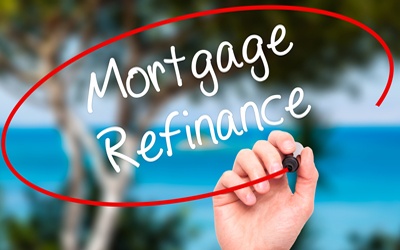Refinancing: Does It Make Sense for You?
Understand your options before making a decision

Mortgage refinancing can help homeowners decrease monthly payments, lower overall debt payments, and lower interest costs. But factors such as how long you intend to remain in your home and how much equity you’ve built up can influence whether refinancing is truly a benefit or, in some cases, a financial bust.
“There’s no magic bullet for anyone that has a mortgage. Everyone’s scenario is different,” says Bill Herceg, Senior Loan Officer at Independent Bank.
Herceg explains three options for refinancing your home:
Rate-and-term refinancing. This most common form of refinancing is meant to lower your interest rate and/or term (the number of years it takes to repay the loan). To find your break-even point—or how long it will take to recoup your refinancing costs—divide your refinancing costs by the monthly savings you’ll receive.
Cash-out refinancing. In this scenario, you take out a new mortgage for more than you owe by using the existing equity in your home. With the difference in cash, you can pay off debt, such as credit card balances or student loans. But, Herceg warns, “It is important to weigh the benefit of financing short-term debt such as credit cards into long-term mortgage debt.” You can also combine a first and second mortgage (or home equity line of credit or loan) into one new mortgage with favorable terms and payment.
Government-assisted refinancing. Programs such as the Home Affordable Refinance Program (HARP), FHA Streamline Refinance, or VA Streamline Refinance for veterans are available to help homeowners who may not have enough equity in their homes to qualify for traditional refinancing options.
Contact your local lender to see what refinancing options are available to you. Herceg recommends discussing these options with a financial advisor to help you determine what works best for achieving your personal financial goals.
